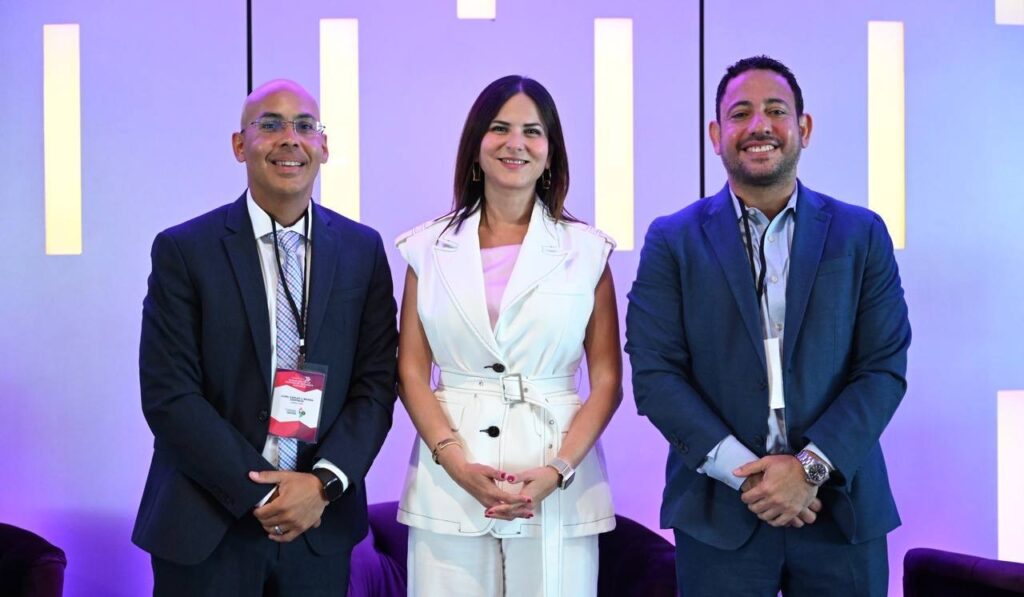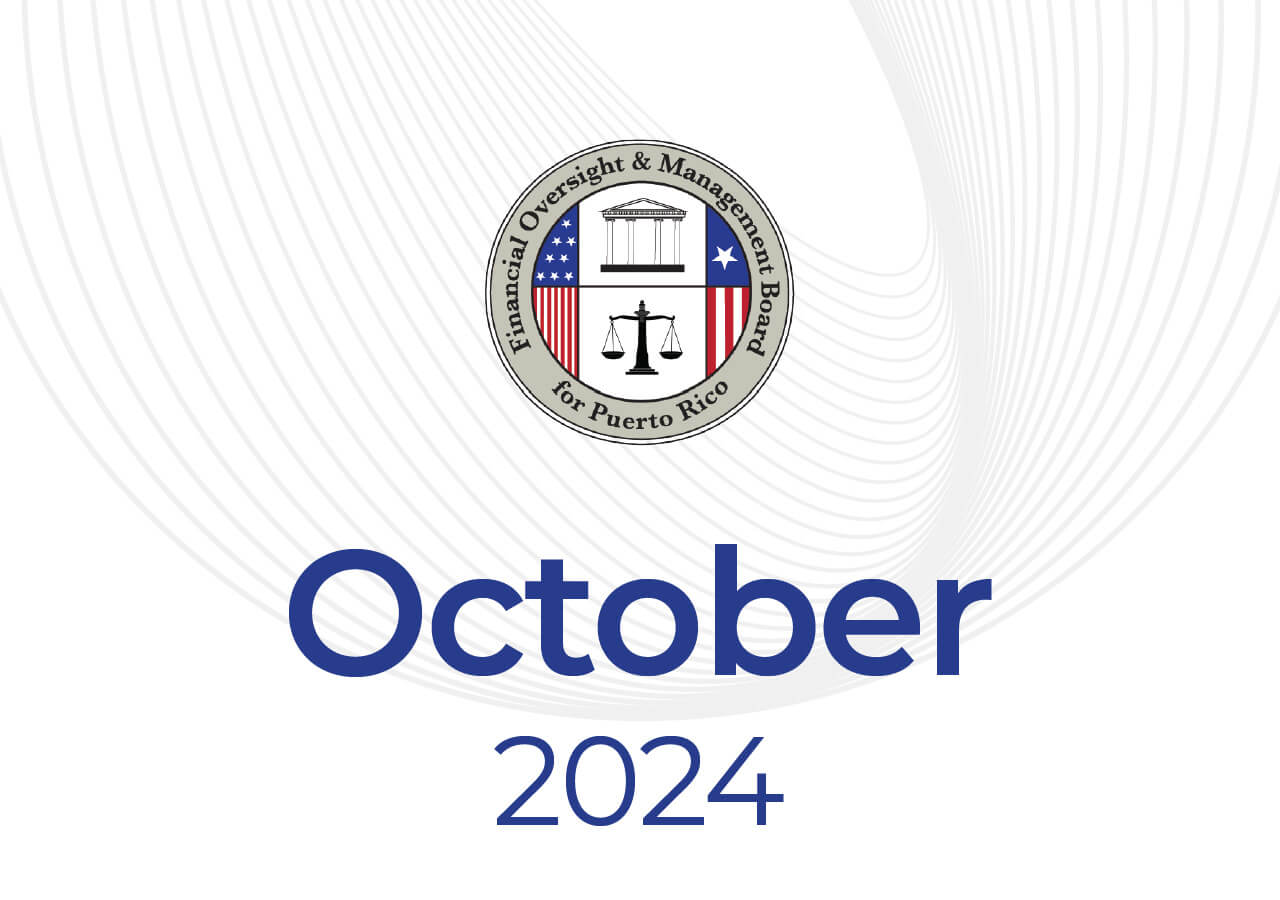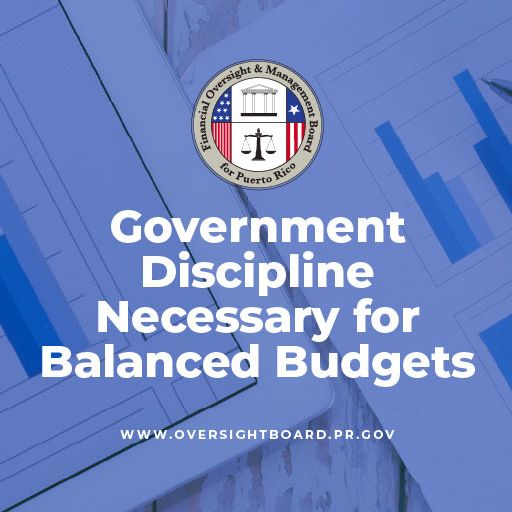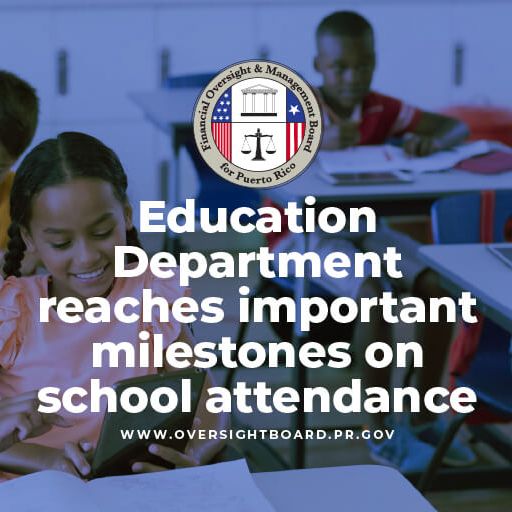Oversight Board works with energy sector stakeholders to help expedite electrical grid improvements
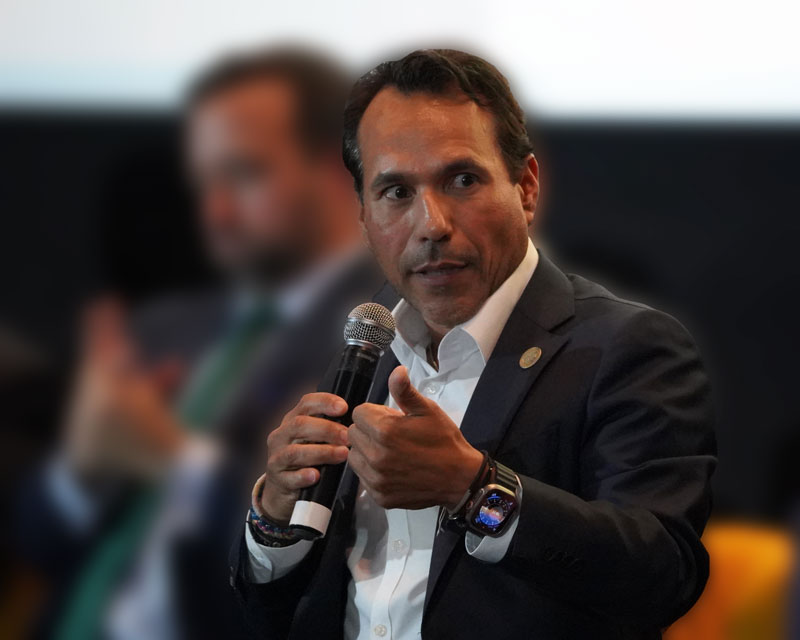
The Oversight Board is taking a more proactive role in helping to expedite the reconstruction of Puerto Rico’s electrical system and the disbursement of federal funds. To date, less than $2 billion of the $17 billion approved for Puerto Rico after Hurricane Maria in 2017 has been used.
Oversight Board Executive Director Robert F. Mujica, Jr. explained the steps necessary to expedite the disbursement of the federal funds and the work to repair the fragile electrical system during a panel discussion held by the Puerto Rico Manufacturers Association.
“The point is to figure out how to succeed from where we are right now and get to a place where people can go home, flip the switch, and know the lights will turn on. $17 billion is sitting there,” said Mujica. “There are reasons that the federal funding has not moved. It is not necessarily the incompetence of any one individual. There are limitations and requirements that I have not seen in other places and that make it very difficult. We’ve been working on it. We’ve been meeting with energy stakeholders since August and every time we meet, we are trying to solve this, problem by problem, obstacle by obstacle.”
A reliable electrical system is necessary for economic development and growth. The Oversight Board will continue to work with key players within the energy sector, the Puerto Rico Government and the federal government to transform the electric grid so that the people and businesses of Puerto Rico can have an electric grid they can count on.
Oversight Board and Government entities commission a study on healthcare in Puerto Rico
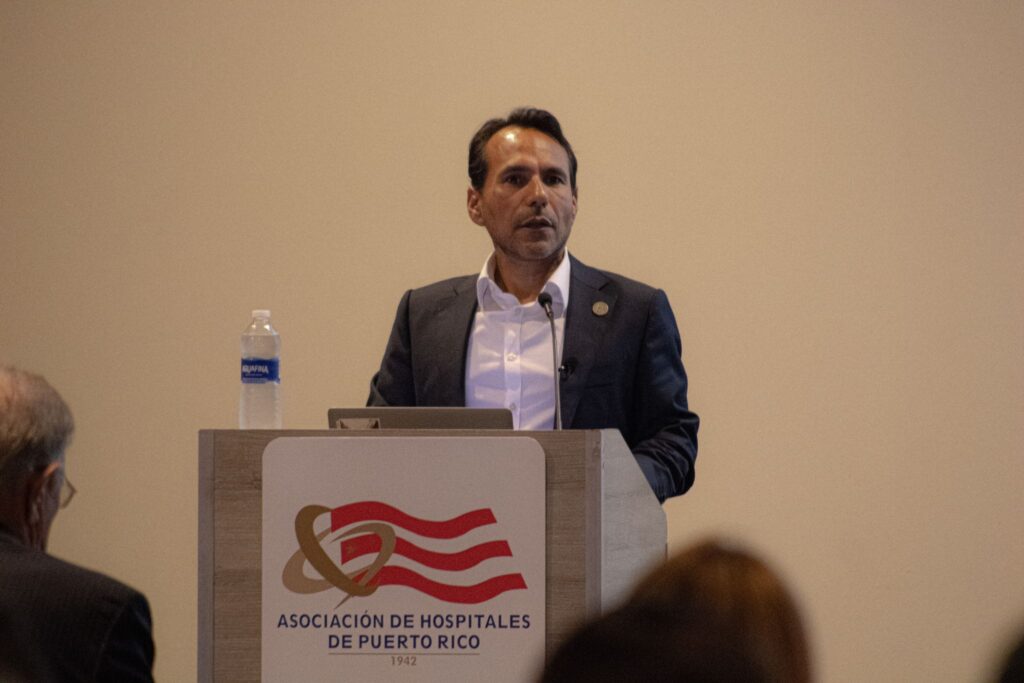
Every day we read about healthcare in the media. The stories highlight the challenges healthcare professionals face, challenges insurers face, challenges the doctors face and the challenges patients face.
These are not challenges any one group can face alone; they must be solved by everyone involved. But to find solutions, it is imperative to know precisely where each problem lies, and for that, we need accurate data.
That is why the Oversight Board, the Puerto Rico Department of Health and AAFAF, initiated a comprehensive report on the healthcare workforce in Puerto Rico. The purpose of the study is to quantify and forecast healthcare workforce and, with the help of stakeholders in the healthcare field, formulate and prioritize recommendations for a better path forward.
Oversight Board Executive Director Robert F. Mujica, Jr., discussed the report’s objectives and the Board’s ongoing efforts to improve healthcare services on the Island, during a presentation before the Puerto Rico Hospitals Association in October.
“The Government is budgeted to spend $6.6 billion for healthcare over the current year. It is the single largest government expenditure in Puerto Rico,” Mujica said. “Fifteen million was added to expand the Ama de Llaves home services in municipalities for the elderly and people in need; and $9 million in additional funding to improve paramedic response times and capabilities,” he said.
These are all important funding needs, Mujica noted, adding that Puerto Rico must develop a long-term care infrastructure, as its population is rapidly aging. He also stressed that the Oversight Board continues to advocate in Washington, D.C., for a long-term Medicaid solution for Puerto Rico that is fair and permanent.
Civil Service Reform initiative featured in National Governors Association seminar
Members of the National Governors Association (NGA) described Puerto Rico as a pioneer within a state and local public sector jurisdiction in the United States, after the Government of the island formally introduced a skills-based talent acquisition and talent management strategy using artificial intelligence (AI) through the Oversight Board-led Civil Service Reform (CSR).
Oversight Board Deputy Executive Director Arnaldo Cruz explained how the CSR has helped to improve hiring and retaining employees within the Puerto Rico Government, and the innovative strategies the reform has successfully implemented to fill job vacancies faster and with the best candidates for each role.
“Some jobs took months to fill, because the process was long and burdensome, both for the candidates and the recruiters,” explained Cruz. “The CSR uses artificial intelligence to speed up the process and we have been able to reduce hiring time to an average of 33 days. The AI is assisting the HR departments, so they don’t have to do initial screenings with hundreds of applicants, but after that initial screening, the decisions are made by recruiters and hiring managers at each agency.”
Cruz explained that CSR is a comprehensive reform on talent acquisition and talent management that also includes reforming compensation, which was jointly developed by the Oversight Board and the Government and well received by agency staff and applicants.
“We recruited feedback; 92% of recruiters rated 4 or 5 when asked about their satisfaction with the new process and the new technology,” he said. “When asked about their experience, 81% of applicants have given a 5 rating.”
The new hiring and talent management pilot has been implemented within 9 government entities. The ultimate goal of the CSR is to recruit and retain the best talent possible for the Government.
Stakeholder engagement:
October 4, 2024
Oversight Board Executive Director Robert F. Mujica, Jr. visited the nonprofit organization Centros Sor Isolina Ferré in Canóvanas to discuss their ongoing work and the key needs of the communities they support.
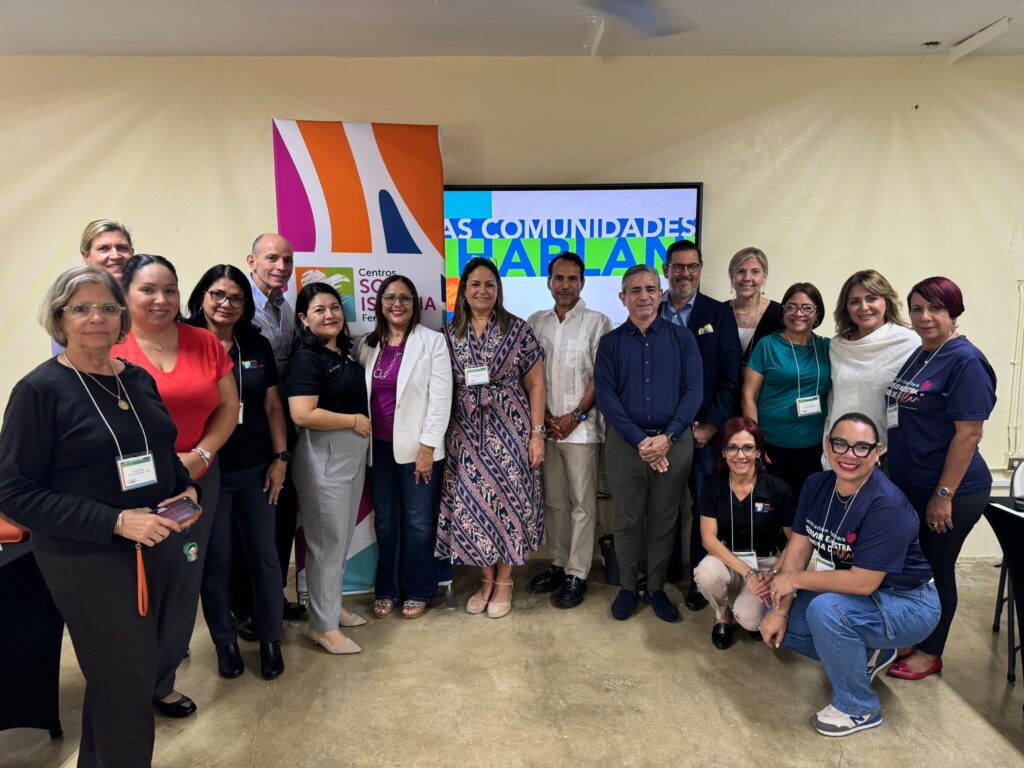
October 18, 2024
Oversight Board Deputy Executive Director Arnaldo Cruz discussed human resources reforms during a symposium at the Office of Administration and Transformation of Human Resources (OATRH).
